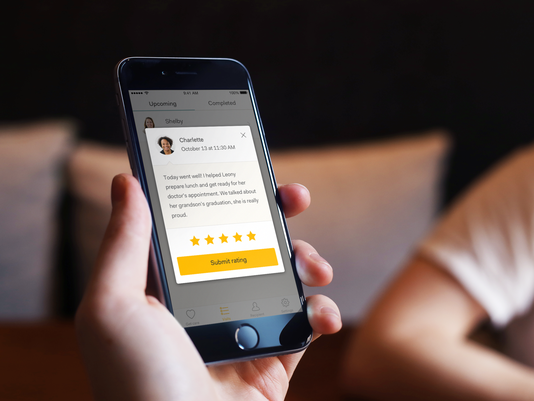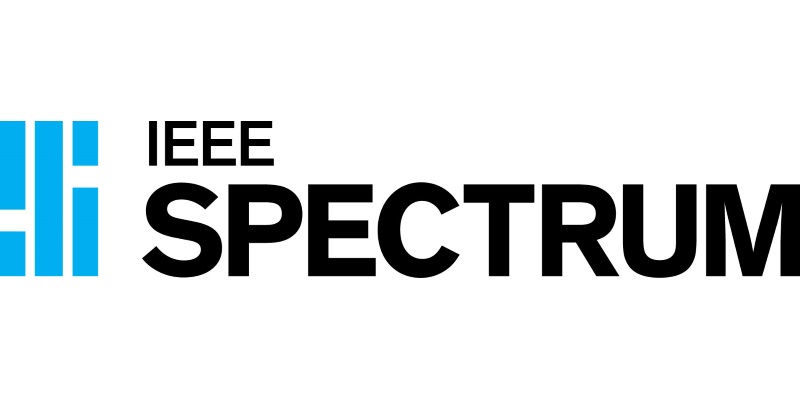By Elizabeth Weise, USATODAY
SAN FRANCISCO – A home health care company that got $20 million in venture funding based on its gig-economy model is turning its workers into traditional employees with benefits.
Honor announced Wednesday it has decided to shift to a traditional workforce model, making employees eligible for benefits, worker’s compensation and stock options. Previously they had been independent contractors with none of those benefits.
The company launched earlier this year with funding from venture capital firms Andreessen Horowitz and Kapor Capital, PayPal co-founder Max Levchin and former senator Bob Kerrey.
Honor was initially envisioned as a network of gig-economy care providers who could be matched with assignments via a smartphone app and were paid on assignment. But as the company grew, it realized it needed to change its fundamental employment model.
“What’s become clear is that care professionals actually want long-term relationships,” said CEO Seth Sternberg.
The change comes as other on-demand companies face pushback from workers and investors about their labor structure. Companies like Uber, Lyft and others built on a model of independent contractors are operating in an evolving legal landscape punctuated by a high-profile lawsuit in California.
In December, a federal judge in San Francisco allowed an expanded case by Uber drivers in California who said they are employees and should be reimbursed for expenditures or losses incurred during the discharge of their duties. The trial is set for this summer.
The threat of lawsuits had “created a level of uncertainty for a lot of people, not just employers,” said James McQuivey, an analyst who studies gig economy companies for Forrester Research.
WORKER CHURN
Sternberg said Honor’s decision had nothing to do with looming lawsuits. Instead, it was a response to worker churn.
Home health care traditionally experiences tremendous turnover — 60% a year according to the Paraprofessional Healthcare Institute. To keep, train and stabilize its workforce, Honor realized it needed to provide better care to its caregivers, Sternberg said.
“It turns out seniors and their families are using us for months, not just for an hour here and an hour there. It’s a long-lived relationship,” Sternberg said.
Bringing its workers on as traditional employees will allow Honor to train its staff, “so it’s no longer just a dead-end job. People perform much better when they have a path up,” he said.
Honor employees will now have employee status and compensation, workers compensation, paid sick leave, the chance for training and advancement and, for full-time employees, health benefits and company stock participation.
The San Francisco-based company currently offers services in the San Francisco Bay area and greater Los Angeles.
‘RANDOM PEOPLE OFF THE INTERNET’
Home health care is a market where employees make sense, said Barry Asin, president of Staffing Industry Analysts, a labor analysis firm.
“That’s not the sort of thing where random people off the Internet are going to be trusted to come into your home,” he said.
That said, there are situations, and workers, for which a free-agent model is a better fit. Not everyone wants a typical employment model, “where you’re told when to come to work — and you better show up or you won’t keep working,” he said.
In the end, the courts will decide how these workers should be classified, and it’s not at all clear what the outcome will be. “There’s a good case be made for them to be independent contract and a good case for them to be employers,” Asin said.
As for Honor, the change could benefit or harm the company, depending on how well it’s handled, said Ben Ling, a partner at Khosla Ventures, which invests in consumer health and other businesses.




